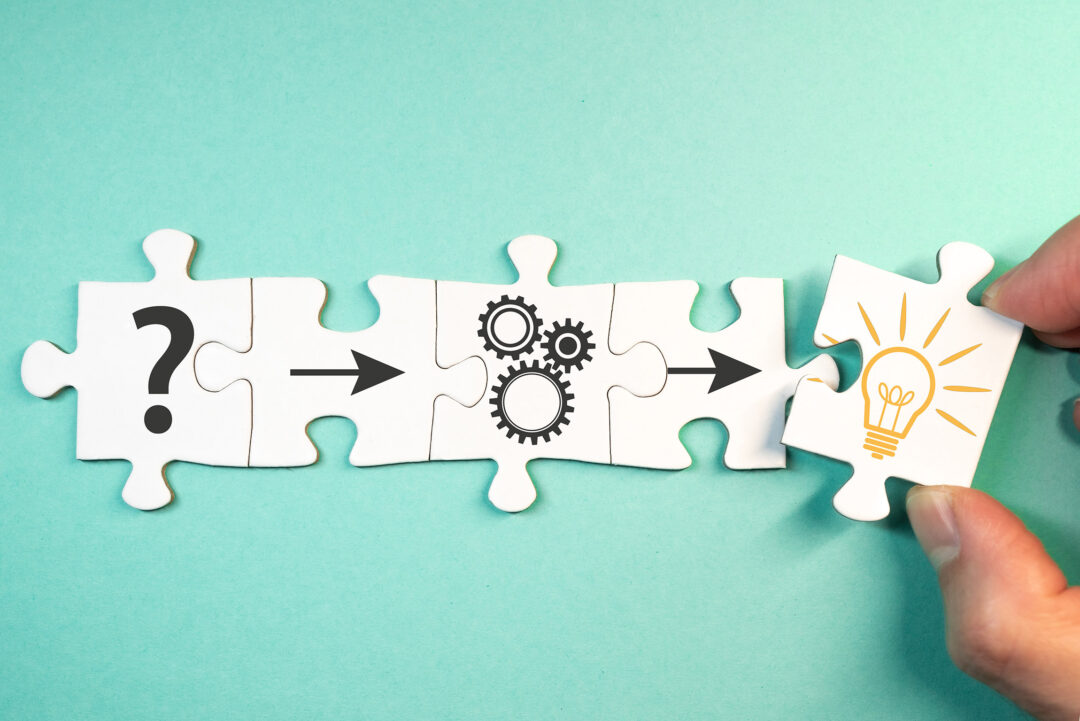October holds National Coming Out Day—when members of the LGBTQ+ community can either choose to publicly come out or support others who wish to do so.
While no one needs a specific “day” to come out and accept who they are, it can be a starting point for anyone who has been struggling with opening up their real identity to others.
But making an official “coming out” announcement is just the beginning. It’s easy to find yourself with the expectation that once you come out, everything will be easy or fall into place with your identity. However, that isn’t always the case.
Instead, coming out is a process.
So, how can you honor that process? And what are the stages of LGBTQ+ development?
Identity Confusion, Comparison, Tolerance, and Acceptance
According to the Cass model, there are six stages of identity development. They may not be the same for every individual in the LGBTQ+ community, but they can be a good reference for where you are and why you’re feeling the way you do.
The first four stages are identity confusion, comparison, tolerance, and acceptance.
If you’ve already come out, you have probably already gone through the first two stages—confusion and comparison. These stages reflect the idea that you don’t find yourself in the heterosexual or cisgender identity that you likely once did. You may start to compare yourself and your current identity with your old one.
Tolerance, the third stage, is the process of slowly accepting that. For example, you might start to think to yourself “I’m probably gay,” or transgendered, or bi-sexual, etc. In this stage, you might start to seek out other members of the LGBTQ+ community.
Acceptance is the fourth stage, in which you move from “probably” to having an assurance of who you are.
Identity Pride
If you have already come out and you’re wondering why things in your life haven’t turned around, consider the fifth stage. Identity pride is the point at which you choose the LGBTQ+ community over the heterosexual or cisgender community.
Why does it matter?
In your traditional cisgender community, you might feel isolated or even ridiculed. You might start to feel as though you don’t belong, even if you do have supportive family and friends. You certainly don’t need to cut off your cisgendered or heterosexual community, but being totally public with your identity can help you to feel more comfortable.
The best way to do that is to spend more time with the LGBTQ+ community in public. Doing so can help to make your own identity feel more legitimate to you and others.
Identity Synthesis
Synthesis, the sixth and final stage, occurs when your identity as a member of the LGBTQ+ community works seamlessly with your other identities in life. Maybe you’re a parent, a sibling, a co-worker, a daughter, or a son. Everyone has multiple identities in life, not just one.
Hence, singling your LGBTQ+ identity out doesn’t allow you to achieve synthesis. It is a part of who you are, but not who you are entirely.
Reaching synthesis can help to create a sense of harmony in your life because it is not your defining factor. You can start to feel more like “yourself” in many ways, while still having pride in that part of your life.
—
If you’ve recently come out and you’re struggling with the process of “what’s next?”, contact Integrative Psychotherapy Group. Life may not change immediately for you, and that’s okay!
Discussing the aforementioned stages can help you with your development, and we can walk through them together. They aren’t generalized, and everyone goes through them differently. But understanding their meaning and how they can affect your life will be helpful as you move forward.


